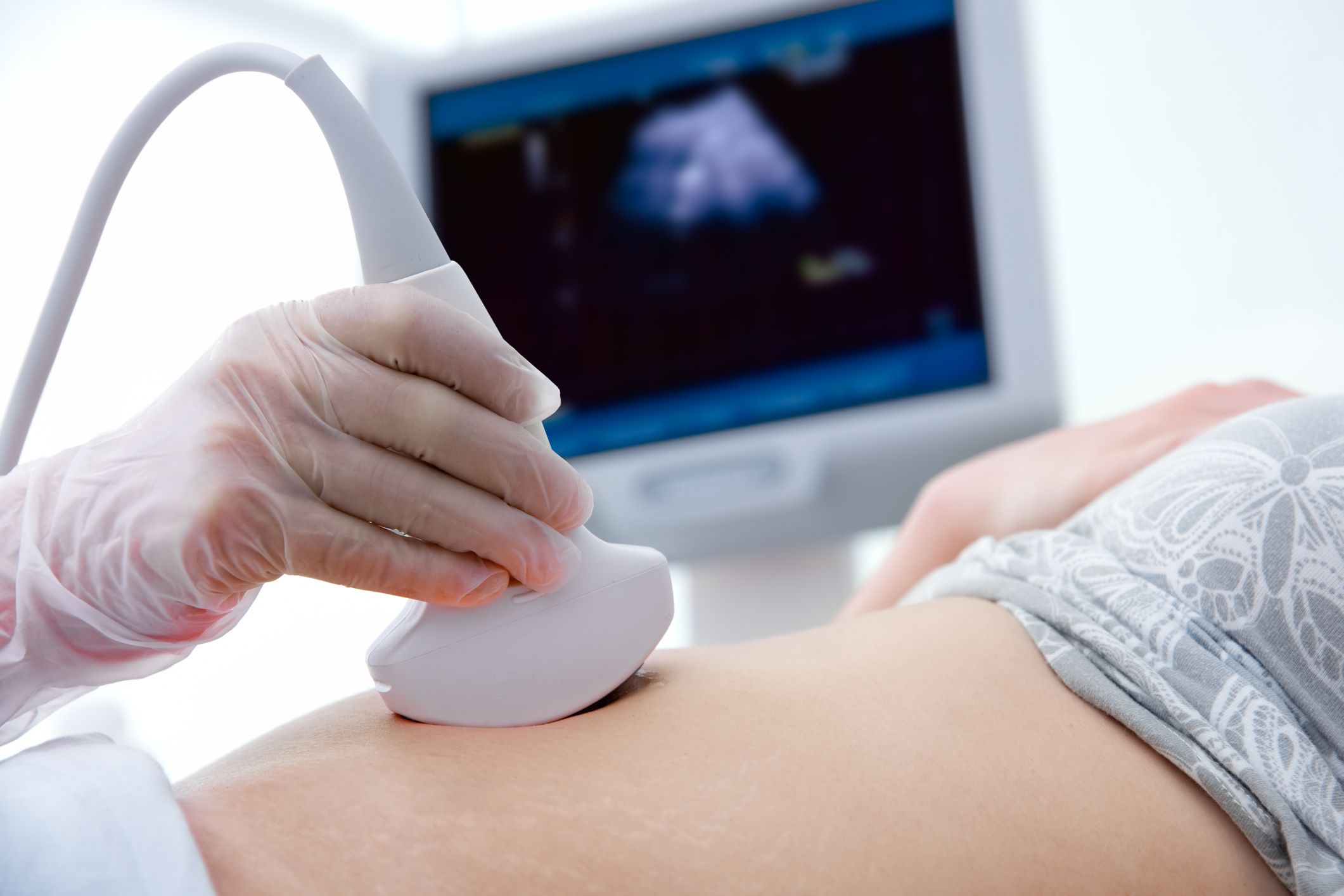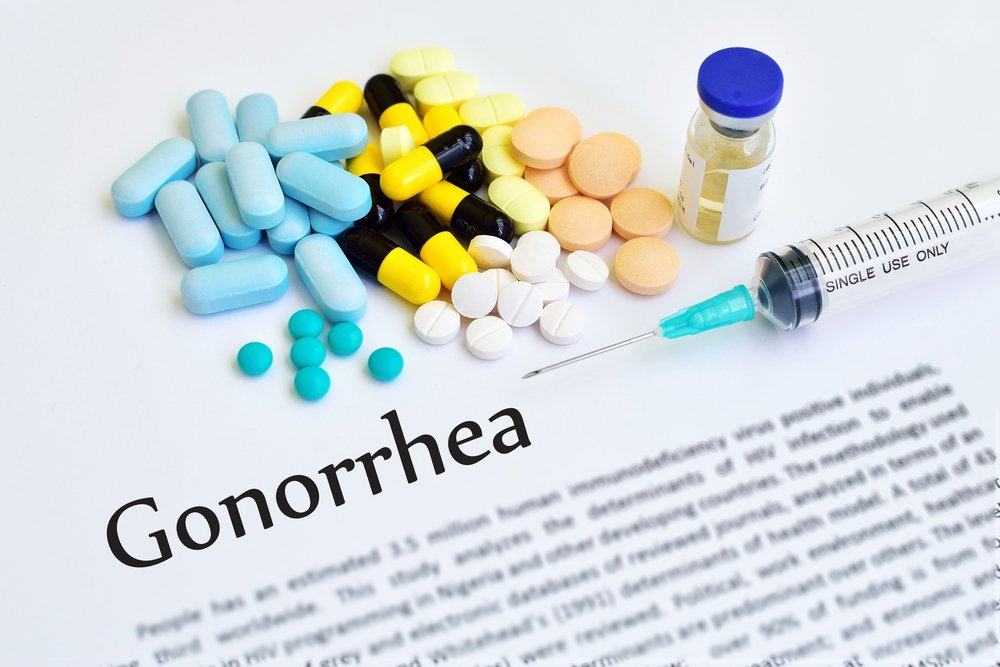Contents:
- Medical Video: The #1 Food You Should Stop Eating Immediately
- Pay attention to these things before eating pork
- Cancer risk from packaged pork
- Liver disease
- Hepatitis E
- Worms
- How to avoid the risk of eating pork
Medical Video: The #1 Food You Should Stop Eating Immediately
In contrast to wild boar meat, pork is meat obtained from pig farms, as is the case with chicken, cattle, goats, and also other animals that are commonly bred. The high nutritional content and delicious taste make pork one of the most processed foods in the whole world.
Unfortunately, even though pork is nutritious, there are several risks that might arise if you are not careful when eating pork. What are the risks of eating pork to watch out for? Consider the following review.
Pay attention to these things before eating pork
The results of research published by Consumer Reports suggest that pork has a risk of harmful bacterial contamination, namely Yersinia enterocolitica. In humans, this bacterium causes fever and digestive tract diseases. Symptoms are diarrhea, vomiting, and stomach cramps.
In addition, pork is also quite difficult to digest. When you eat pork, it takes about six hours to digest each slice. Therefore, consumption of pork can slow down the digestive process of the body.
However, there are still a number of other risks that you need to be aware of before eating pork. See the full explanation below.
Cancer risk from packaged pork
According to the World Health Organization or WHO, processed pork is packaged like ham, bacon, and sausages can be a trigger for cancer. Researchers found that consuming 50 grams of pork processed meat every day can increase the risk of colorectal cancer, a type of cancer that grows in the large intestine (colon) or rectum.
Liver disease
In addition to causing colorectal cancer, a study has found strong evidence between consumption of pork and liver disease. This is caused by a compound N-nitroso, which is mostly found in processed pork products cooked at high temperatures.
Hepatitis E
Pork products, especially pork liver often carry the hepatitis E virus which can cause severe complications, to the risk of causing death. You who are less clean when processing and cooking pork are more susceptible to infection with the hepatitis E virus.
Worms
Eat raw or immature pork that has been contaminated with worm larvae trichinella can cause intestinal worms or trichinosis. You may experience abdominal pain, diarrhea, fatigue, nausea and vomiting. In fact, a week after eating infected pigs, adult female worms now in your body produce larvae that enter your bloodstream and eventually enter other muscles or tissues.
Once this tissue attack occurs, the symptoms of trichinosis include headache, high fever, general weakness, muscle aches and tenderness, pink eyes (conjunctivitis), sensitivity to light, and swelling of the eyelids or face.
How to avoid the risk of eating pork
Actually eating pork is not strictly prohibited for health. However, you should pay attention to a number of these things before processing, cooking, or eating pork to keep it safe for your body.
- Choose fresh pork, not processed and packaged in a factory to avoid the risk of cancer.
- When cooking pork, use a meat thermometer to make sure the temperature reaches the right temperature, which can kill harmful bacteria. Make sure you cook until the temperature is at least 71 degrees Celsius.
- Separate pork with food raw others in the kitchen to avoid contamination.
- Wash your hands with soap and running water after handling pork.
Choose pork and other meat products that are farmed without using drugs. One way to do this is to buy certified organic pigs, from pigs raised without antibiotics or ractopamine.












